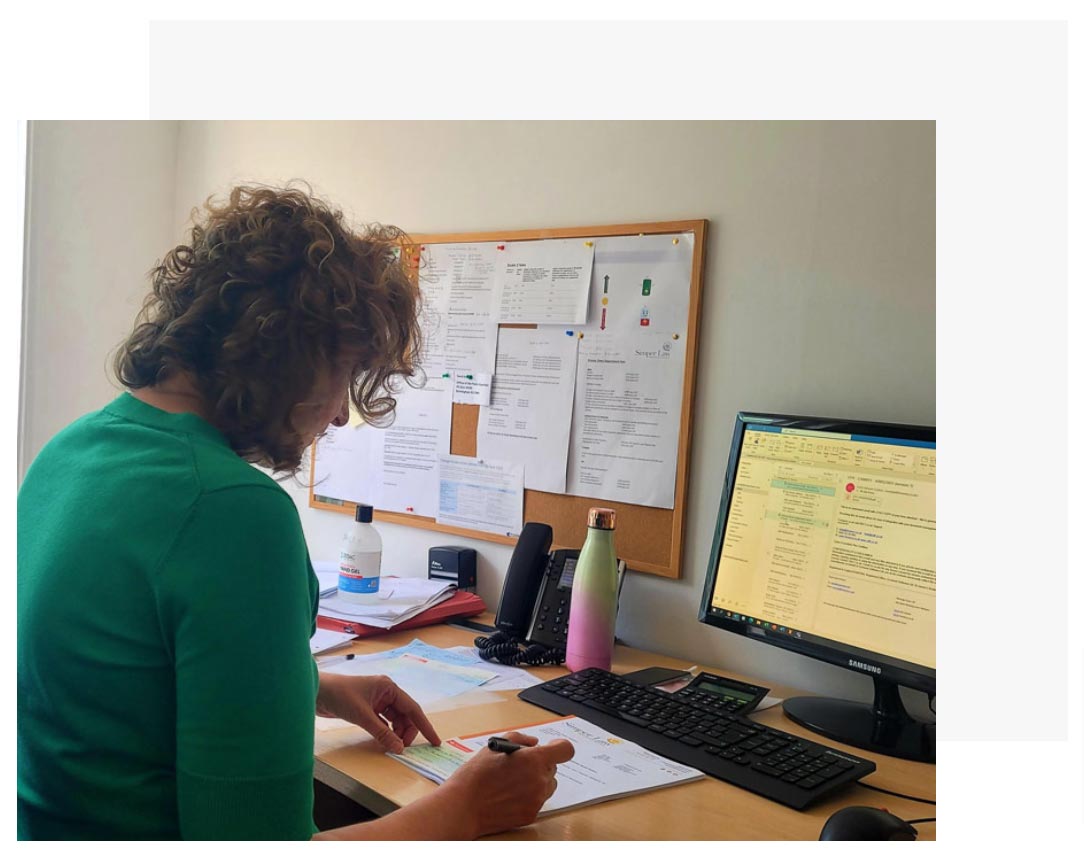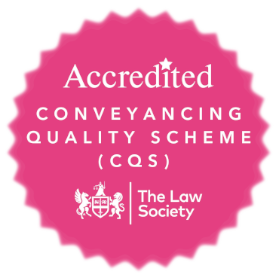Simper Law Trust Solicitors
A trust is a way to manage money, land, property or investments for yourself, family, or anyone else that you would like to benefit. When assets are placed in a trust, they are then under the control of the ‘Trustees’ or appointed persons. The Trustees manage the trust according to your instructions, both while you’re living and after your death.
Please call us now on 01603 672222 for a no-obligation conversation today or Click Here To Make An Online Enquiry.

A Trust can be used to do the following:
- Pass assets to loved ones
- Fund education for children and grandchildren
- Reduce Inheritance tax payments
- Protect assets from divorcing partners or creditors
- Provide for vulnerable loved ones
- Provide for children and/or partners from other relationships
Assets under a Trust can still generate income which can remain within the Trust or be paid to its beneficiaries. For example, properties can charge rent; shares can collect dividends, and money can generate interest. Assets can increase and decrease in value while in a Trust, and it is up to the Trustees to manage this in the best interest of the beneficiaries.
Who can be a beneficiary of a Trust?
You can choose almost anyone to be a beneficiary including:
- A specific individual
- A class of people, such as ‘children’ or grandchildren’ – these can include those not born yet
- A charity or charities
- Another body of people, such as a sports club or company
Beneficiaries can also be the Trustees of the Trust that they benefit from, but it is best to have a non-beneficiary for a Trust that gives a beneficiary a lot of freedom. This will make sure the Trust is administered in the way that you intend.
How do I set up a Trust?
Trusts can be complex, because they must be worded precisely to ensure that all your legal needs are met. We can advise you on all aspects of Trust administration, including:
- Trustee powers and responsibilities
- Trusts for children under 18
- Protecting assets from creditors
- Tax planning and the taxation of Trusts
You will need to complete a document called a Declaration of Trust, so it is useful if you can consider the following before meeting with a Trust Solicitor:
- Who will be the Trustee/s
- Who will be the beneficiary/beneficiaries
- The assets that will be put into the Trust
- How you would like the assets to be managed
- How you would like the benefits to be distributed
We can advise you on all of these decisions, in order that your Trust works in the best way possible for you and the beneficiaries.
What can I put in a Trust?
Any asset that your own can be put into a Trust, including land and real estate, personal property such as art or jewellery, financial assets such as money, stocks and shares and life insurance. Assets can be put into a Trust while you’re alive, or it can be stated within your will that they go into the Trust upon your death.
We know that everyone’s situation is different, and our specialist Trust Solicitors will work with you to deliver a unique plan that fits your needs and requirements. We will provide you with practical advice on creating, managing, changing ad ending your Trust.
Please call us now on 01603 672222 for a no-obligation conversation today or Click Here To Make An Online Enquiry.

